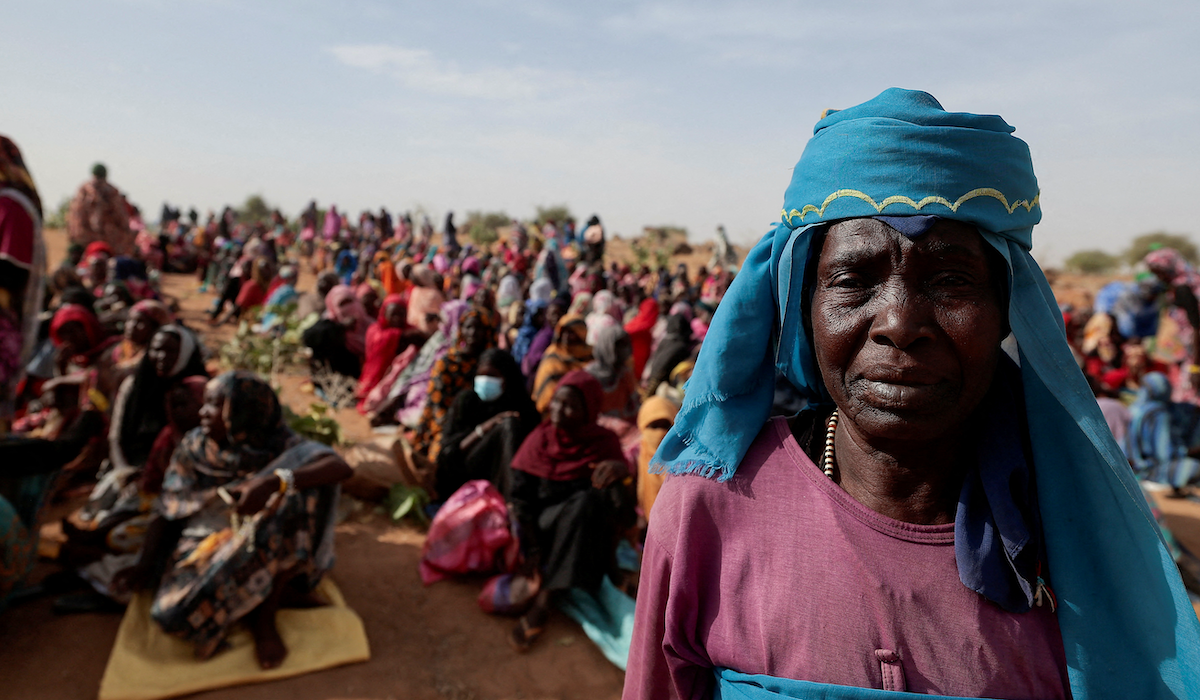2: Moody’s bond rating agency on Friday announced a first-ever downgrade of Israel's credit rating from A1 to A2, due to the negative economic impacts of the Gaza war and the potential conflict with Hezbollah. Israeli Finance Minister Bezalel Smotrich dismissed it as “a political manifesto,” but if other major agencies follow suit, it would make it harder for Israel to sell bonds, impacting its war effort and post-war recovery.
700,000: UNICEF reports that 700,000 children in Sudan face malnutrition due to the 10-month conflict that has ravaged the country, with tens of thousands at risk of death from lack of food, mass displacement, and disease. The agency is calling for $840 million in assistance and lamented the fact previous requests for aid have not been met.
8: Taiwan's defense ministry reported that eight Chinese balloons crossed the Taiwan Strait Friday and five sailed over the island on Saturday. China has previously claimed such balloons were for “meteorological purposes,”, not surveillance, but Taipei accuses them of being a threat to aviation safety and a form of “psychological warfare.” China’s balloon activity has increased since the election of pro-independence President Lai Ching-Te.
38,000: In more high-flying news, a Hong Kong mall's dragon sculpture, crafted from a hoard of 38,000 balloons, roared into the Guinness Book of World Records just in time for this year’s Chinese New Year celebrations. The 137.04-feet-long masterpiece was assembled by balloon artists Sze Tai "Wilson" Pang and Kun Lung Ho and over 60 volunteers.
3: The Kansas City Chiefs won their third Super Bowl in five years on Sunday night, defeating the San Francisco 49ers 25-22. It was a nail-biter of a game – and just the second Super Bowl in history to go into overtime. Quarterback Patrick Mahomes threw the game-winning touchdown pass to receiver Mecole Hardman after the 49ers gained a short-lived lead off of a field goal.
18: The Democratic-controlled Senate on Sunday moved closer to passing a
$95.3 billion foreign aid bill that includes assistance for Ukraine, Israel, and Taiwan – voting 67-27 to clear a procedural hurdle and advance the legislation. Eighteen Senate Republicans voted to advance the bill despite vocal opposition from
Donald Trump, who recently helped tank a bipartisan bill that lumped foreign aid and border security together. Though the foreign aid bill could pass in the Senate within days, it faces an uphill battle in the Republican-controlled House.
